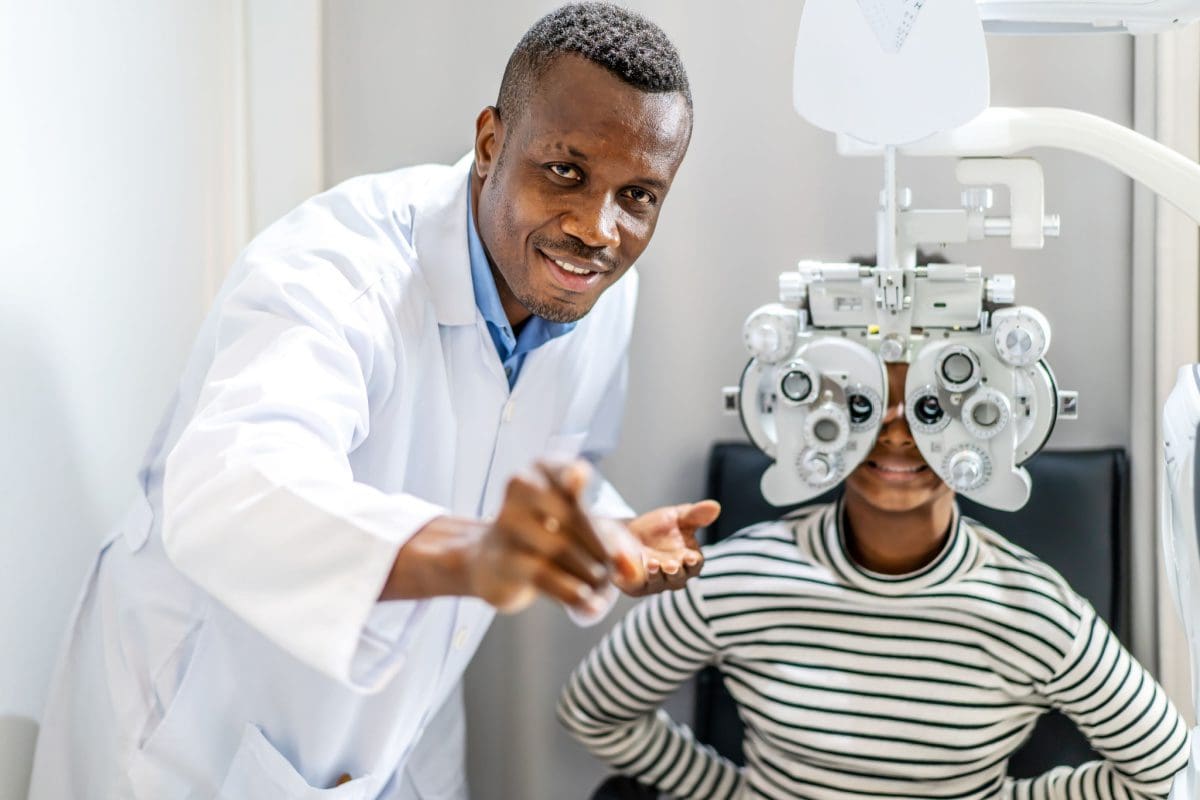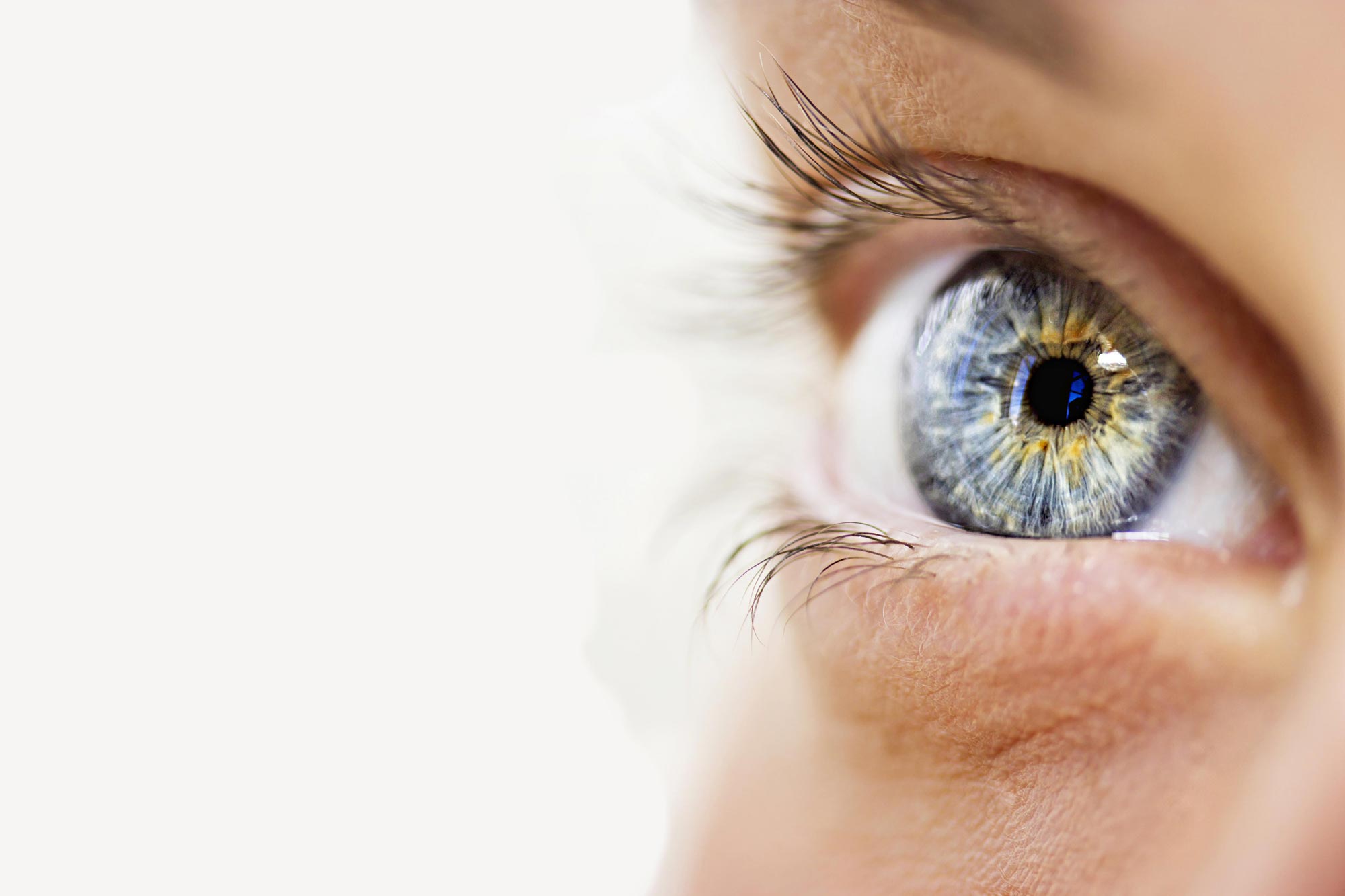Leading Cardiologist in Andalusia: Expert Heart Care at Your Local Clinic
Leading Cardiologist in Andalusia: Expert Heart Care at Your Local Clinic
Blog Article
Is Refractive Surgical Procedure Right for You? Aspects to Think About for Better Eyecare
In the realm of eye care, the decision to undertake refractive surgery is a weighty one that requires thoughtful factor to consider. As individuals seek clearness and liberty from the restraints of corrective lenses, various elements enter play when determining the suitability of such a procedure. From the ins and outs of one's eye health to the intricacies of daily practices and individual assumptions, each element holds value in the broader landscape of refractive surgical procedure candidacy. By examining these crucial elements with treatment and accuracy, a more clear path in the direction of informed decision-making arises.
Eye Health And Wellness Assessment
When considering refractive surgery, a comprehensive eye health evaluation is crucial to analyze the viability of the procedure for each and every individual. eye doctors in andalusia. This evaluation includes a collection of evaluations and tests conducted by an eye treatment expert to determine the total health and wellness of the eyes, the presence of any kind of underlying problems, and the security of the refractive error
Throughout the assessment, numerous elements are considered, such as the patient's clinical history, existing eye prescription, corneal thickness, student size, and tear film top quality. These evaluations help to determine any contraindications to refractive surgical procedure, such as corneal abnormalities, cataracts, or untreated eye infections. Additionally, the analysis assists to take care of client assumptions regarding the possible end results of the surgical procedure based on their special eye features.
Inevitably, the eye health and wellness evaluation is important in making sure the safety and security and effectiveness of refractive surgical procedure, as it provides valuable insights into the individual's eye health and wellness condition and assists determine the most suitable treatment choices for accomplishing ideal aesthetic results. (eye doctors in andalusia)
Way Of Living Assessment
A detailed way of life assessment is indispensable in identifying the viability of refractive surgical treatment for a person's visual modification needs. Way of life factors such as line of work, hobbies, and day-to-day tasks play an essential role in the decision-making process relating to refractive surgery.
Additionally, way of life practices such as sports participation, outdoor activities, or even skin care routines can influence the recovery procedure and overall success of refractive surgery. By conducting an extensive lifestyle assessment, eye treatment specialists can customize their recommendations and treatment strategies to satisfy the distinct needs of each individual, ultimately leading to enhanced visual results and fulfillment.
Expectation Alignment

People require to understand that while lots of people achieve 20/20 vision or better following refractive surgical procedure, some might still need glasses for certain activities like analysis or driving at night. Handling these assumptions assists protect against frustration and frustration post-surgery, leading to a much more favorable overall experience for the client.
Threat Analysis

Elements that may boost the risk of issues include age, specific medical problems like autoimmune conditions, unstable vision prescription, thin corneas, and impractical client assumptions. Additionally, selecting a experienced and knowledgeable surgeon, complying with you could try here pre and post-operative treatment guidelines vigilantly, and divulging any type of relevant medical background can aid mitigate risks.
To lessen the chance of complications, eye doctors perform extensive pre-operative evaluations to identify any contraindications to surgical treatment. They likewise review the possible risks and benefits with clients throughout the appointment process. By engaging in open communication and shared decision-making, both the client and the ophthalmologist can function with each other to figure out if refractive surgical procedure is the best choice based on specific threat accounts and desired outcomes.
Consultation Importance
Considering the crucial role of informed decision-making in assessing risks and prospective problems in refractive surgery, the consultation process holds substantial relevance in assisting individuals towards optimal end results. Throughout the appointment, the eye doctor assesses the client's eye health, refractive mistakes, and total viability for surgical treatment. This first analysis is essential in figuring out the most ideal treatment for each person, considering elements such as corneal density, student size, and existing eye problems.
Furthermore, web link the consultation offers as a chance for clients to discuss their assumptions, concerns, and any kind of concerns they might have relating to the surgery. Clear interaction between the patient and the doctor is important to guarantee practical expectations and a thorough understanding of the prospective threats and advantages involved.
Furthermore, the consultation enables the surgeon to describe the various surgical choices readily available, their particular end results, and the post-operative care needed. This extensive discussion equips patients to make well-informed choices about their eye treatment, bring about better fulfillment and end results post-surgery.
Conclusion
To conclude, people considering refractive surgery must undergo an extensive eye health and wellness analysis, assess their lifestyle practices, straighten their assumptions with prospective outcomes, evaluate the connected threats, and focus on consultations with eye care professionals. These elements play a vital duty in determining the suitability of refractive surgery for each individual, ensuring optimal other outcomes and contentment with the treatment.
Individuals taking into consideration refractive surgical procedure usually have high assumptions pertaining to the end results, anticipating ideal vision without the requirement for glasses or contact lenses. While refractive surgical procedure can considerably enhance vision and decrease dependency on aesthetic help, it is critical for individuals to comprehend that results may vary based on specific aspects such as the degree of refractive error, corneal density, and general eye health.
By involving in open interaction and shared decision-making, both the eye doctor and the individual can work with each other to figure out if refractive surgical treatment is the right selection based on private danger profiles and wanted results.
Considering the critical duty of informed decision-making in analyzing dangers and potential complications in refractive surgical procedure, the examination process holds substantial significance in leading individuals in the direction of ideal end results. Throughout the assessment, the eye doctor assesses the person's eye health, refractive mistakes, and overall suitability for surgical procedure.
Report this page